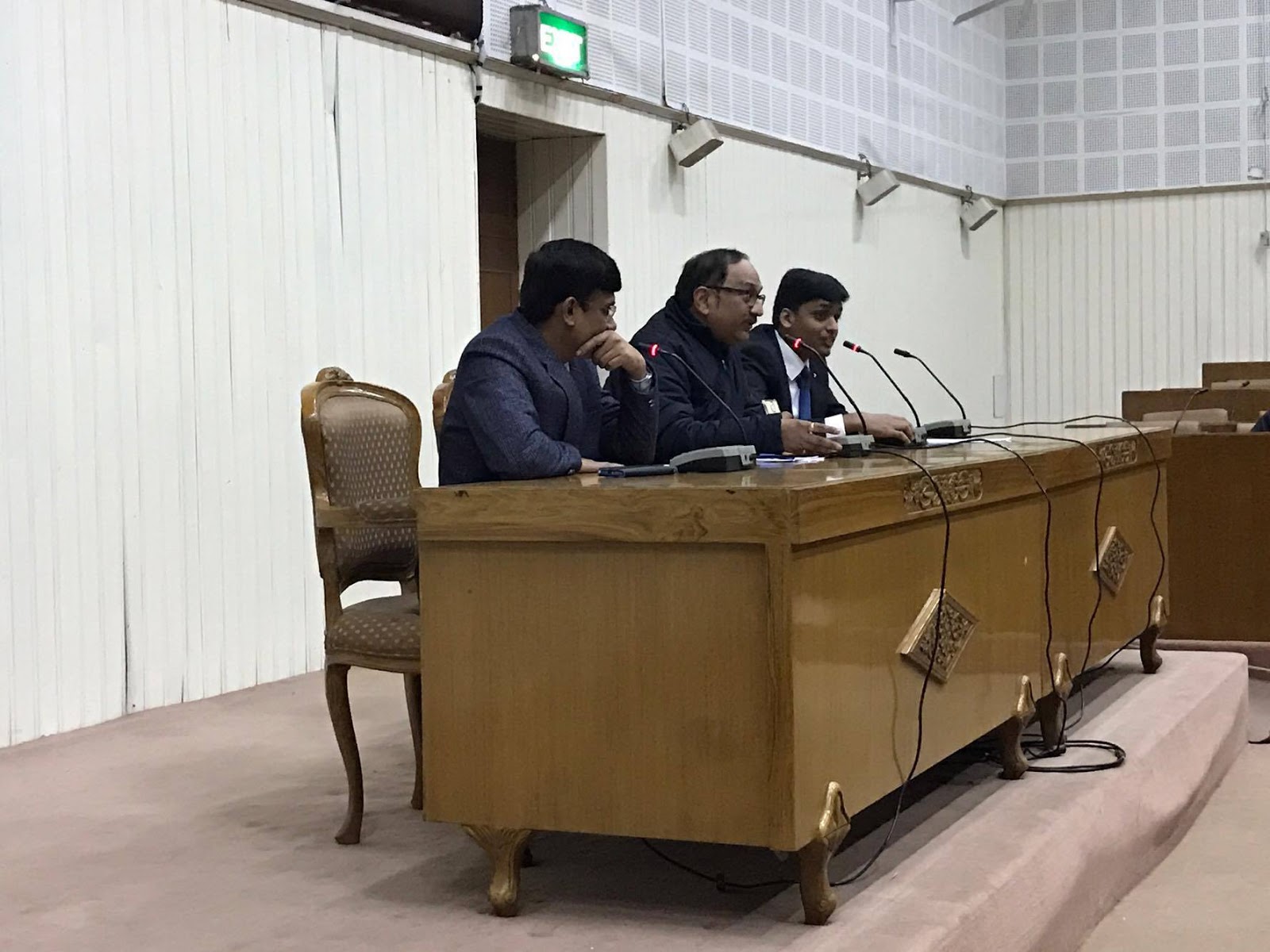

Body of IITR

As the second online semester comes to an end, it is riddled with delays and confusion. A final ray of hope lies in the upcoming IAPC meet on the 12th of May. The meeting will discuss important issues like End Terms and grading policy. Watch Out! Brings to you all the facts that surround this delayed semester, along with the facts associated with it.
The IAPC is planning to conduct a meeting on 12th May 2021 to discuss the fate of the oncoming End Terms and S grade policy for this semester. With ETEs less than a fortnight away, the lax attitude of the IAPC in coming up with a solution has left the students restless, and everyone is expecting a more equitable and inclusive response from the administration. While the GenSecs seem to be pushing for concession in the ETE syllabi or cancellation of the exams, it is unclear if these proposals will be accepted. The SAC has had discussions with the DAPC representatives of all branches, asking about the problems faced by their branches. DAPC representatives of many branches have collected information from students directly affected by COVID-19 and report around 560 UG students (out of 3500, excluding first year), with many more with families affected.
The primary complaint from the students is that the lack of clarity and information kills motivation and wreaks havoc on students’ mental health. Another being the fact that the pandemic has hit many students and professors, and their families. This left many syllabi uncovered in an already short and condensed semester and a lot of students distressed. With such a delay in decision making, we’re stuck in a situation that warrants quick and firm action from the admin. At this point, if the management decides to ‘solve’ all problems by transferring their responsibility to professors by leaving it to them to take necessary measures without strict guidelines, there will be no uniformity in decisions and will cause chaos both for students and the professors. As we have witnessed multiple times already, any decisions made at the last minute will be abrupt impositions incapable of accommodating any flexibilities essential for empathising with those affected the most by the pandemic.
In unprecedented times like these, it is imperative to explore diverse solutions.
The sister IITs had also been active in making decisions in their ETEs.
It is to be noted that all the institutes conducted their semester exams on time, and thus did not face the problems posed by a condensed semester or an ETE at the peak of a pandemic.
With exams planned on 19th May and the IAPC meeting delayed continuously, it is evident that the lack of regard for their concern has left the students helpless and alienated. With the meeting to be held in a few days, we hope the Administration will acknowledge the plight of students with utmost regard and concern.